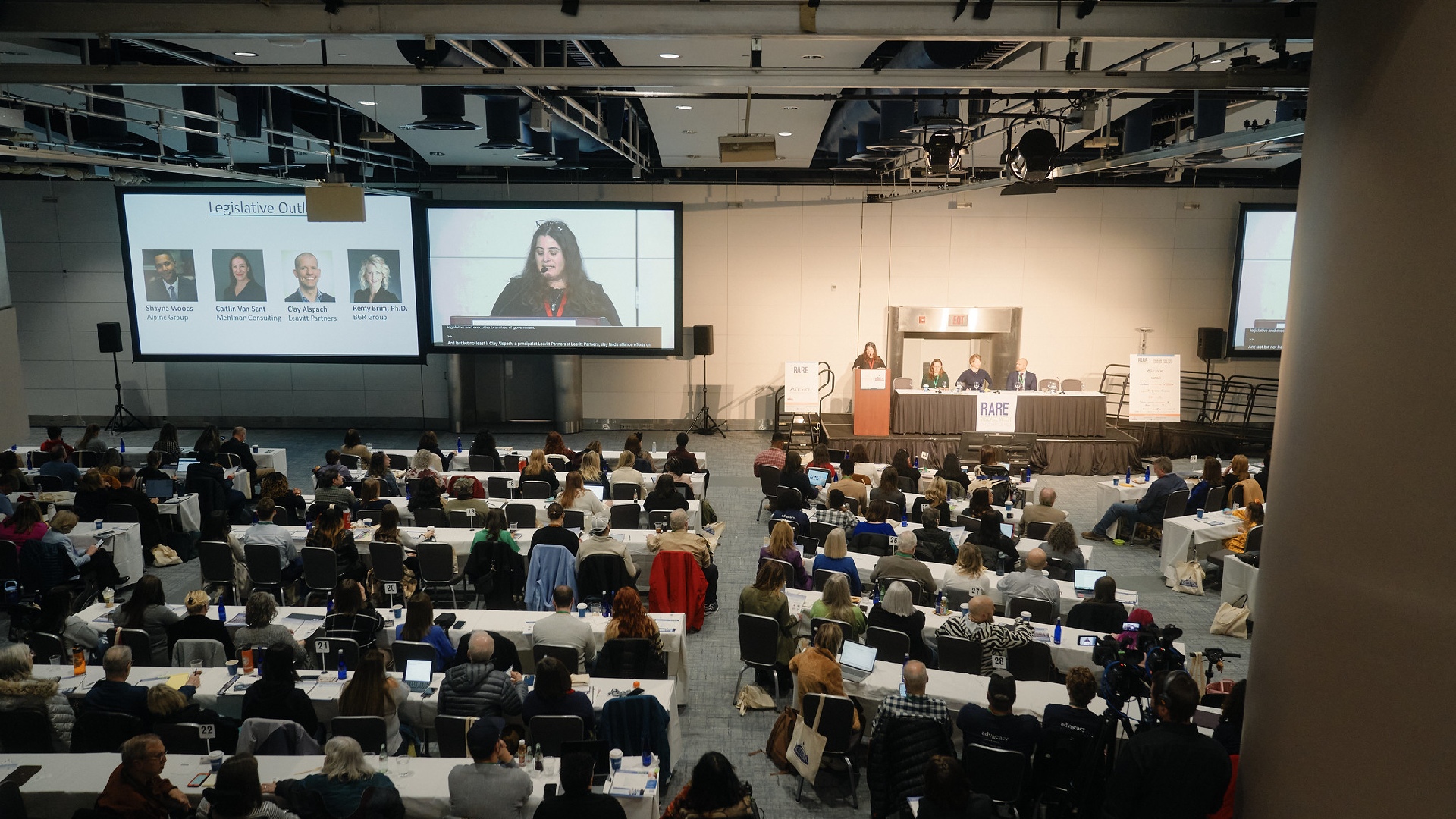

On July 25, 2025, Africa will come together for a historic milestone as the RARE IN AFRICA Initiative is set to be officially launched in Johannesburg, South Africa. Led by the Petronille Healthy Society, in collaboration with African First Ladies, leading researchers, healthcare experts, and advocates from across the continent, this transformative initiative will shine a much-needed light on the challenges of rare pediatric cancers and other rare diseases affecting countless children and families. The initiative aims to drive groundbreaking research, promote early diagnosis, improve access to treatment, and provide vital support to those impacted. It will also advocate for policy changes to strengthen healthcare systems and reduce the burden of rare diseases.
This launch marks the beginning of a united effort to create hope, inspire action, and transform lives across Africa. Together, we can ensure no child is left behind in the fight against rare pediatric cancer. Join us as we embark on this journey of change and compassion.